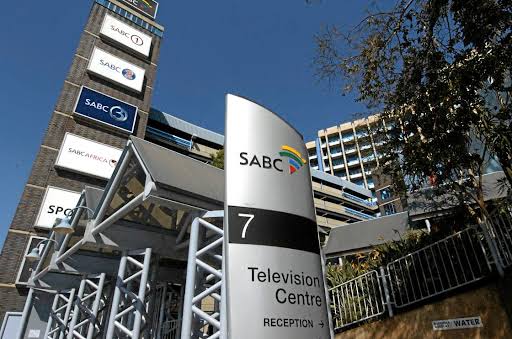Johannesburg – The long-awaited national switch-off process of analogue television transmitters will get underway next month.
The analogue switch-off will see the country move away from analogue to digital broadcasting.
“It is anticipated that this process, which will be done province-by-province, will be completed by the end of March 2022,” said President Cyril Ramaphosa.
The President made this announcement during his State of the Nation Address (SONA) during a hybrid joint sitting of the National Assembly and National Council of Provinces on Thursday.
Meanwhile, the licensing of high demand spectrum is at an advanced stage.
“We hope that the ongoing litigation on the licensing matter will provide legal certainty and will not unduly delay the spectrum auction process.”
The President told Parliament that the completion of digital migration is vital to harness opportunities presented by technological change.
The primary aim of digital migration is to release valuable spectrum that will be used to provide new services such as wireless and other broadband services.
It will also lead to efficient use of available spectrum since digital broadcasts only require a fraction of the spectrum required for broadcasting services. Digital broadcasting will bring more television channels, more content and allow more choice for consumers.
The migration will also result in better quality sound and visuals on television and connect everyone in South Africa.
Climate change
Meanwhile, the President also shone the spotlight on the threat that climate change poses to the environmental health, socio-economic development and economic growth.
He said government is working to fulfil its commitments under the United Nations Framework Convention on Climate Change and its Paris Agreement, which include the reduction of greenhouse gas emissions.
He said Eskom, the country’s largest greenhouse gas emitter, has committed in principle to net-zero emission by 2050 and to increase its renewable capacity.
“Eskom will be looking to partner with investors to repurpose and repower part of its coal fleet,” he said.
This will be done in a way that stimulates investment, local economic activity and local manufacturing, as part of a just transition.
“Our work on climate change will be guided by the Presidential Coordinating Commission on Climate Change, which is meeting for the first time this month.”
He said the Commission will work on a plan for a transition to a low-carbon economy and climate-resilient society.
“We will not achieve higher rates of growth and employment if we do not implement structural economic reforms.”
He believes these reforms are necessary to reduce costs and barriers to entry, increase competition, stimulate new investment and create space for new entrants in the market.
He said the work is driven through Operation Vulindlela, which involves a team in National Treasury and the President’s office.
Operation Vulindlela is focused on reforms in the electricity, water, telecommunications and transport sectors, as well as reforms to the country’s visa and immigration regime.
– SAnews.gov.za
Follow @SundayWorldZA on Twitter and @sundayworldza on Instagram, or like our Facebook Page, Sunday World, by clicking here for the latest breaking news in South Africa. To Subscribe to Sunday World, click here.



